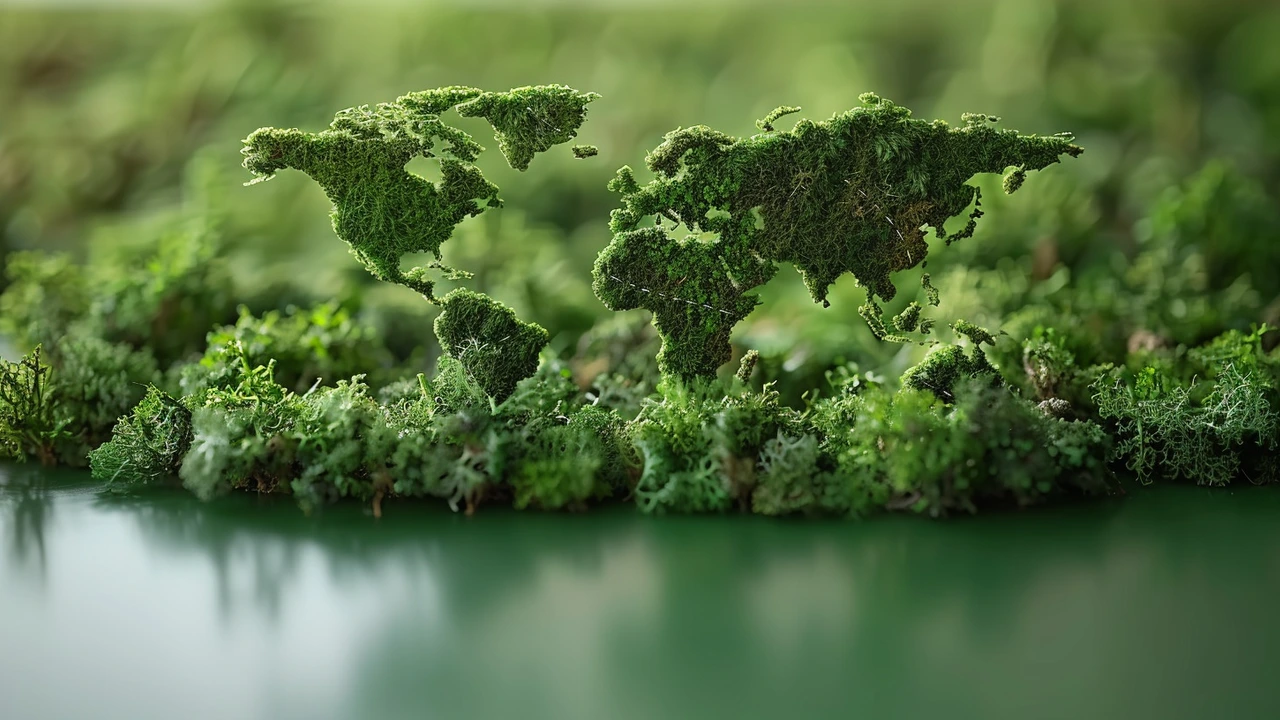Picture this: a sprawling African game farm running smoothly, but not from loud diesel engines or unreliable generators. Instead, solar panels catch the blazing sun, wind turbines spin in the afternoon breeze, and the only hum is of wildlife, not machinery. That’s not some distant dream—renewable energy is already making a real difference for game farms across Africa.
Why does this matter? Game farms are huge—some cover thousands of hectares—and they need steady power for water pumps, electric fences, security cameras, and lodges. The grid doesn’t always reach these wild spots, and fuel prices are unpredictable. Solar and wind power change the game. Once you set up panels or turbines, there’s no running out of sun or wind, and costs drop big time after the initial investment.
It’s not just about saving money. Many visitors want their safari adventures with a side of sustainability. Eco-conscious travelers will actually choose a game farm that runs on green energy over those sticking with fossil fuels. Imagine drinking your morning coffee on a veranda, knowing the power for that espresso was harvested cleanly just metres away.
Game farm owners are getting creative. Some use solar-powered boreholes to keep water troughs full for wildlife during the dry season. Others install off-grid mini grids using batteries to run everything from lights to guest Wi-Fi. There are even electric safari vehicles running on solar-charged batteries, which means quieter drives and less stress on animals—not to mention lower diesel bills.
Of course, it’s not all smooth sailing. Setting up solar or wind power takes planning and upfront cash. There’s the odd broken panel from a curious kudu or a wiring job chewed by monkeys. But, as more African farms swap diesel for renewables, they’re sharing tips on what works: secure panels high, use local suppliers for repairs, and combine solar with rainwater harvesting for a double green impact.
What’s really exciting is how renewable energy pushes game farms into new territory for conservation. With steady, green power, they can run more camera traps to monitor poaching. They can protect rare species without needing loud, polluting generators that scare animals away. Some even sell back excess solar to nearby communities, supporting both people and wildlife.
So is renewable energy the future of African game farms? Judging from the farms already cutting costs and boosting their eco-credentials, it’s not a question of if, but when. If you’re heading on safari, ask your host how they power their camp—you might be surprised just how green your adventure can get.

World Environment Day 2024, on 5 June, highlights 'Our Land, Our Future' by focusing on land restoration and drought resilience. Hosted by Saudi Arabia, it emphasizes renewable energy and sustainability to combat climate change. This global event aims to inspire positive environmental action worldwide.
Read More >>